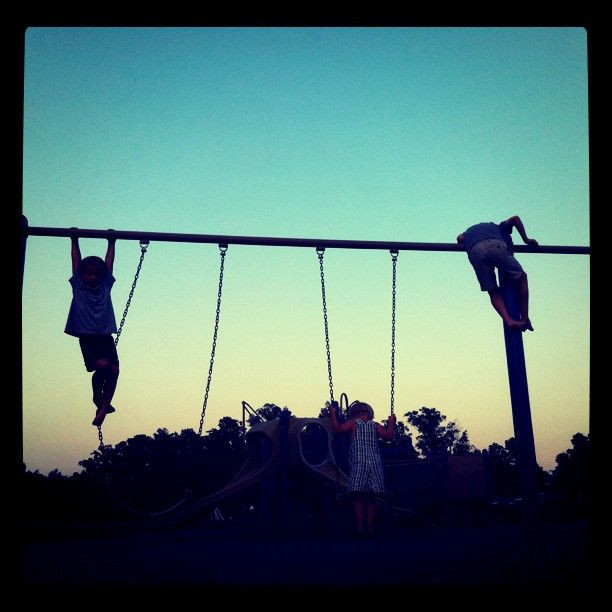How Memory Works: Hippocampus Rewrites The Past To Reflect New Experiences

One child’s memory begins with a snapshot and then another. Black and white moves to color. Video begins to roll. These moments are verified by Kodachrome and memorialized in hardcover photo albums. Later, they move to the cloud — an emerging repository of collective human memory.
But even memory backed by photographic evidence is subject to revision. In recalling past events, the mind often inserts new information into the memory, which then conforms with a continuously changing life narrative. That precise moment of memory transformation was identified by investigator Donna Jo Bridge at Northwestern University, who published a paper on Tuesday in the Journal of Neuroscience.
"Our memory is not like a video camera," Bridge said in a statement. "Your memory reframes and edits events to create a story to fit your current world. It's built to be current."
Naturally, the realm of romance brings the lesson home for most people.
"When you think back to when you met your current partner, you may recall this feeling of love and euphoria," Bridge said. "But you may be projecting your current feelings back to the original encounter with this person."
That psychological projection is facilitated by the brain’s hippocampus, Bridge and her colleagues found. In the study, they asked 17 men and women to study the locations of 168 objects on a computer screen, with desktop backgrounds varying from an underwater ocean scene to an aerial view of Midwestern farmland. The participants were then asked to place objects in their original places, but with the added complexity of a new background. Every time, study participants failed to place the object in the correct location. To focus closer on the memory, the investigators then showed participants an object in three locations on one screen, asking them to identify the object’s original position earlier in the test. On this part, the study group had three choices: the correct original location, the location they incorrectly chose in the second part of the study, and an entirely new location.
"People always chose the location they picked in part 2," Bridge said. "This shows their original memory of the location has changed to reflect the location they recalled on the new background screen. Their memory has updated the information by inserting the new information into the old memory."
The investigators emphasized they were not making this up. They used magnetic-resonance imaging as well as an eye-tracking system to collect supporting physiological data. In some instances, eye-tracking software suggested a potential conflict between one memory and another.
Joel Voss, an assistant professor of medical social sciences and neurology there, said the study helps dispel the notion of perfect memory. "Everyone likes to think of memory as this thing that lets us vividly remember our childhoods or what we did last week," Voss said. "But memory is designed to help us make good decisions in the moment and, therefore, memory has to stay up-to-date.”
Essentially, our minds rewrite memory to serve a greater purpose for the individual, with implications for the criminal justice system.
"Our memory is built to change, not regurgitate facts, so we are not very reliable witnesses," she said. “A caveat of the research is that it was done in a controlled experimental setting and shows how memories changed within the experiment. "Although this occurred in a laboratory setting, it's reasonable to think the memory behaves like this in the real world," Bridge said.
Source: Your Memory Is No Video Camera; It Edits The Past With Present Experiences. Journal of Neuroscience. 2014.



























